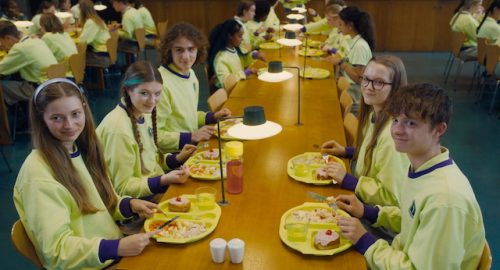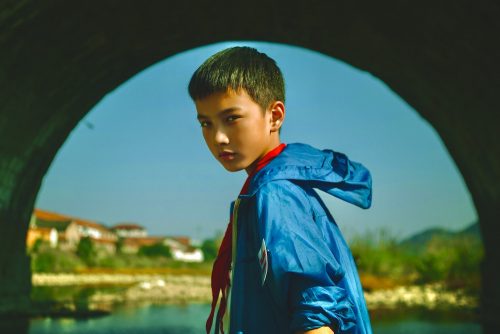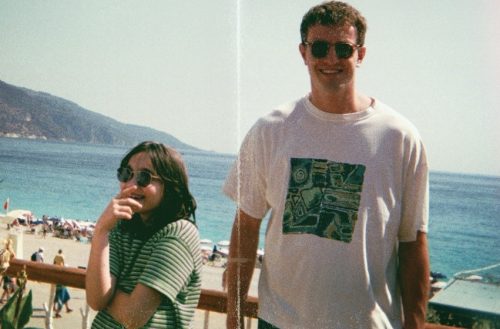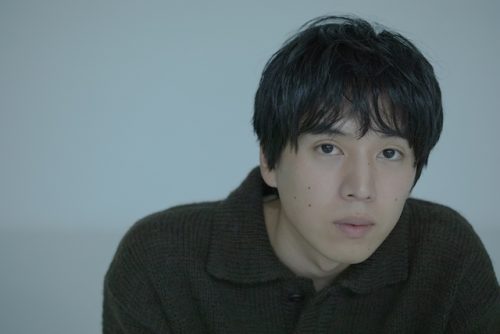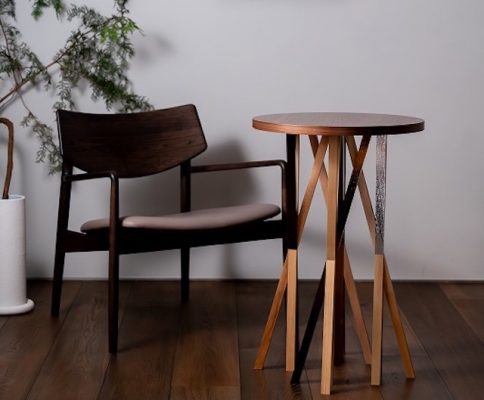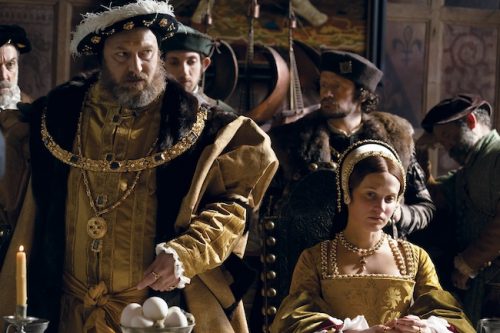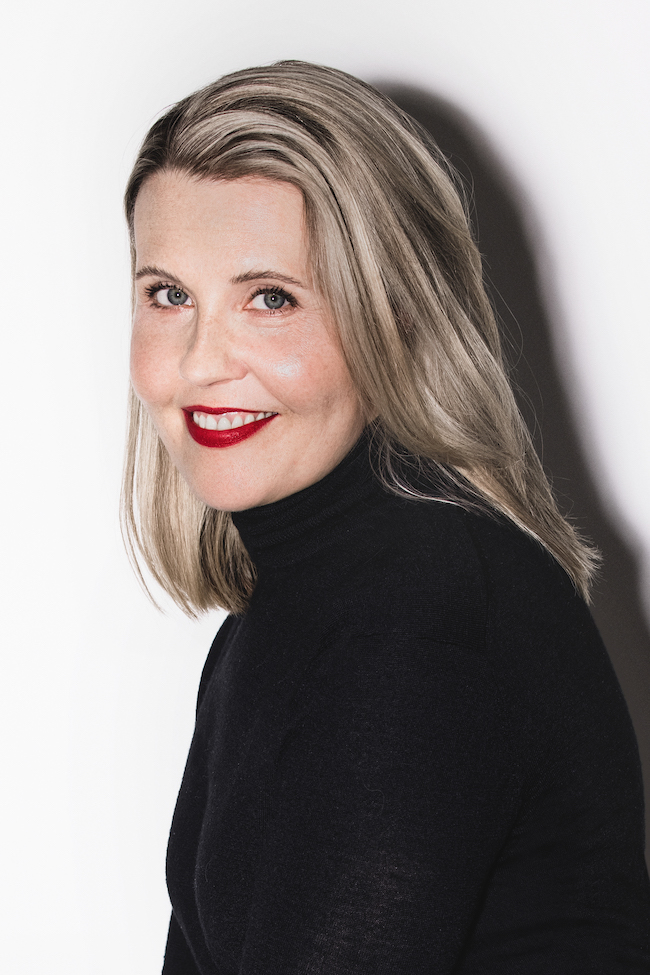
――Congratulations on the release of your film in Japan! I wish I could see this film when I was a teenager.
Alli Haapasalo: Thanks for saying that! I also wish I did. That’s why we made it.
――The plot is very simple but there’s so much emotion in this film. You depicted the teenage life so well, which is so simple but so complicated at the same time. How would you describe this film in your own words?
Alli Haapasalo: Actually, you kind of described it perfectly, because that was exactly our hope. I was looking for something that would be small enough in plot, so that I would have enough screen time with emotion. So this structure of three Fridays felt perfect, because it’s such a tiny snippet of time but the teenage emotions are so enormous. You don’t really need more time because every moment has the universe encapsulated in it with the teenagers. Also, it shows that everything can turn in just one Friday. You feel like every Friday is your last opportunity for something, whether it’s relationship or party or figuring out who you are.

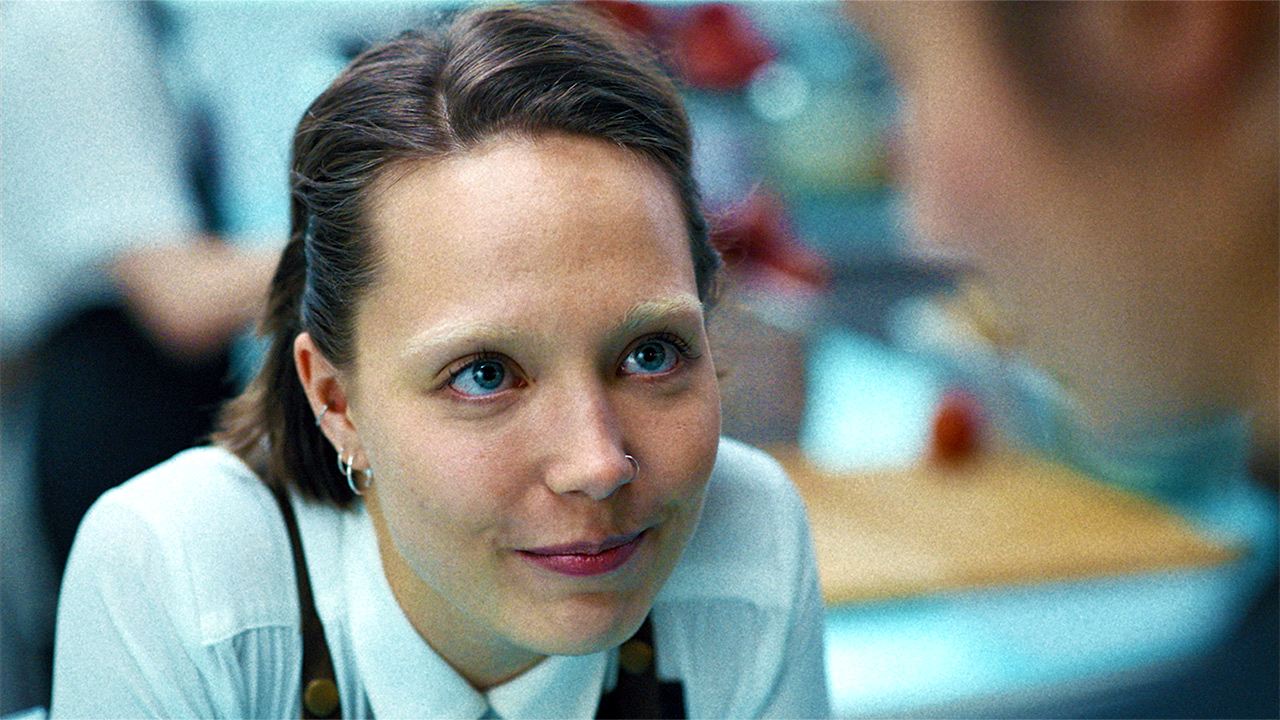
――I read that you were approached by two writers, Daniela Hakulinen and Ilona Ahti, about this project. What resonated with you the most about this story?
Alli Haapasalo: To me, it was the aspect of girls’ experience. A girlhood and girl characters on film, that was something that I really tapped into. Of course, this teenage life as a period in life is very, very interesting. But very particularly, I wanted it to be seen through the eyes of the girls. It was important for me that they would feel realistic as characters and we would get very close to their experience and emotions. I really did not want some sort of nostalgic point of view to how it was as a teenager, or an adult’s view like, “Aw, teenagers are so cute.” But I really wanted it to feel relevant about the urgency that you’re feeling at that time.
――I really liked the fact that the female characters in this film are not defined by boys, and they are not victimized nor shamed. What were you particular about depicting your characters?
Alli Haapasalo: I have to admit that from very early on, this film was my sort of feminist agenda or feminist manifesto. It was important to me that this film would make a point about the female characters being at center stage, important, not supporting characters, and they are interesting to us. They don’t have to be rock stars or superstars or murderers or something crazy in order to be interesting. They can simply be young women, realistic and still interesting. And I just wanted them to be all the things that they are. They are beautiful but terrible, lovely but nasty [laughs.] Those girls do horrible things to each other, but at the same time, that’s very human. So I guess “human” would be the one word that I really wanted them to be. And the other thing was to make them imperfect, which I guess is the same as human. We are so used to seeing only gorgeous women in films. But for example, Rönkkö has acne and I loved that. I asked Eleonoora Kauhanen, the actor, “Can we please use your acne? Let’s not try to hide it” and she said “yes!” Because she would have also wanted to see someone with acne when she was growing up.
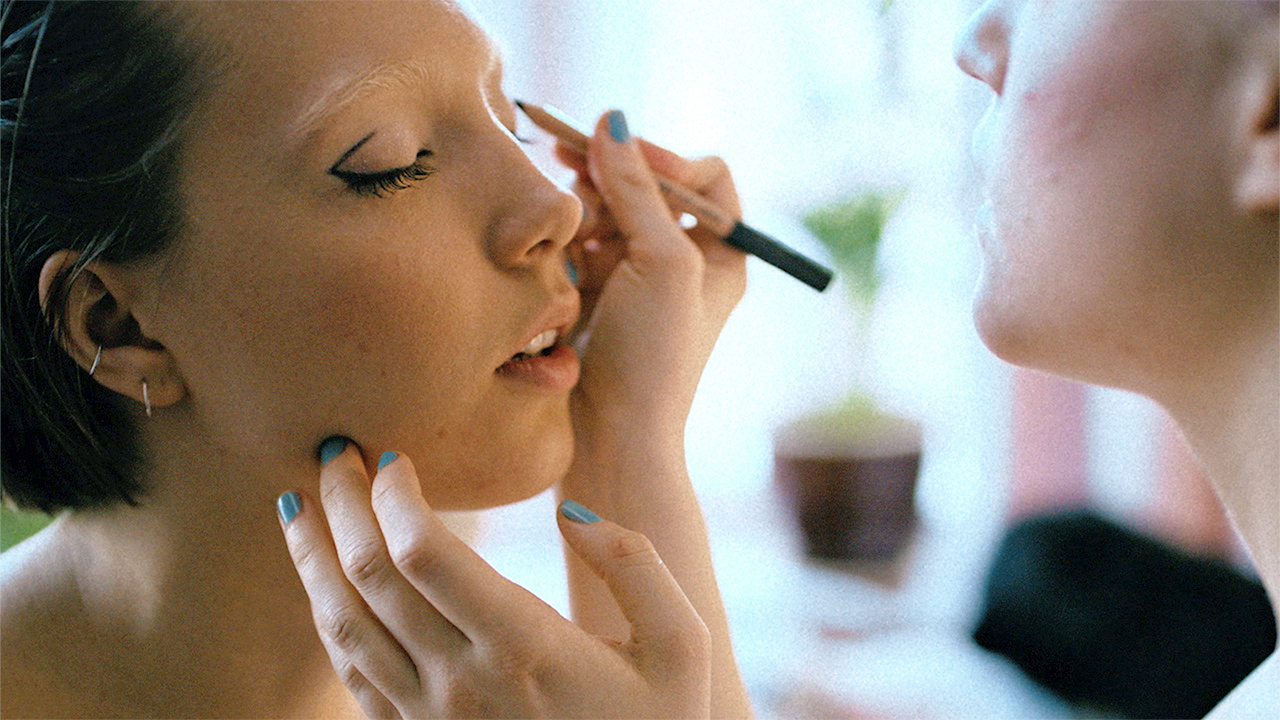
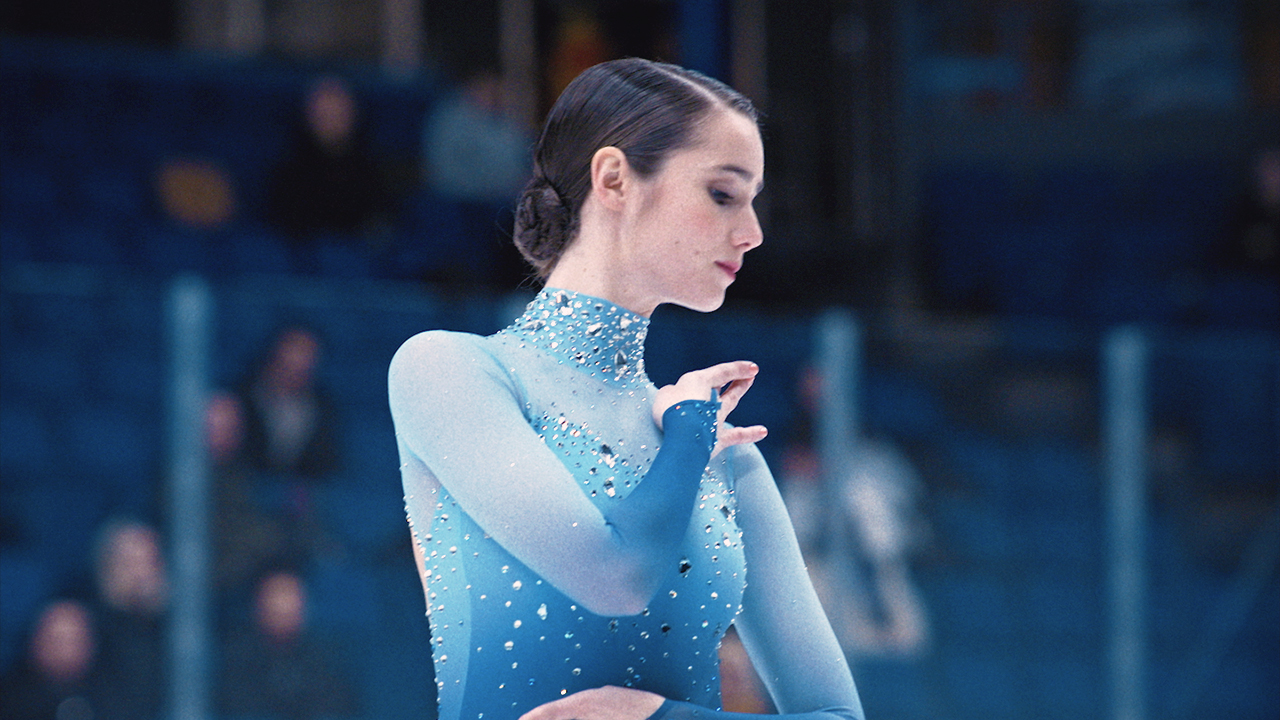
――Another thing I found it great was that sexual orientation is never really mentioned nor never an issue in this film. Was it your intention to tell the story that way?
Alli Haapasalo: Yes, that was very important. I did have a conversation with Daniella and Ilona at one point, questioning “Should there be some element of coming out?” And we decided against it. Because we felt that it’s dangerous if films are always asking questions, whether it’s okay or not for some people to be out. I definitely don’t want to say anything negative about coming out stories, I think they’re very important. But if we only have coming out stories, we are basically saying with films that when you have a same sex relationship, it’s always a problem to solve or there is some trauma to go over. And I don’t want that. I want same sex couples to have the same privilege as heterosexual couples, which is that nobody questions your sexual orientation as they shouldn’t. So that’s why this film doesn’t problematize it at all, either.
――This film tells a really simple story, but it is still political in a great way.
Alli Haapasalo: Thank you for pointing that out. That was really important to me with this film. I even secretly call it my feminist manifesto. It’s not trying to preach, it’s a feel-good film, but it was very important for me that it had very strong political content. I think the politics of this film comes from positivity. The fact that it basically allows freedom to these girls and lets them take center stage, and allows them to not be shamed for anything that they do is political, and I would even say it’s radical in many ways. To me, the politics are the feminism of it, to say that girls are important and they don’t have to be something other than girls to be interesting. And of course, sexual freedom, that sexuality belongs to everybody, that sexuality should be explored safely, that everybody is allowed to look for pleasure and not be slut-shamed, it’s a normal, natural, beautiful thing. And then of course, the queer community aspect of it, so that that’s not somehow different from the heteronormative content. I think there are many layers of politics and they’re all intertwined and it was very important to me.
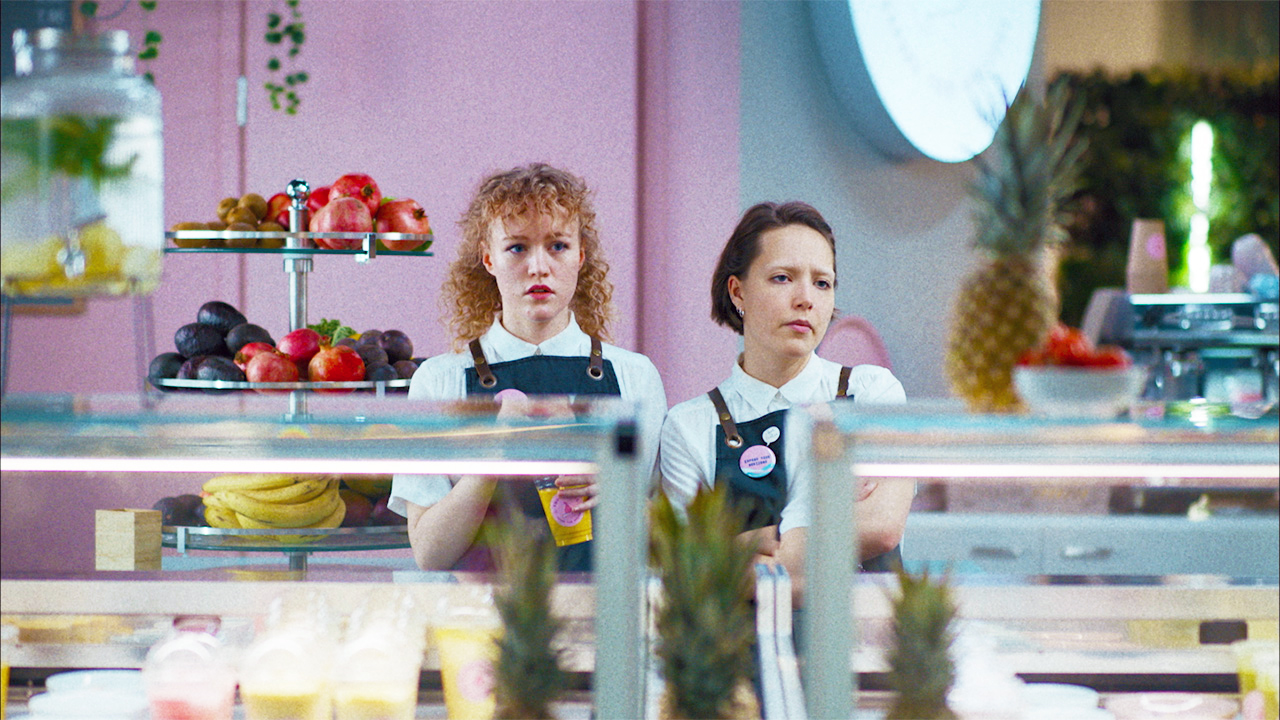
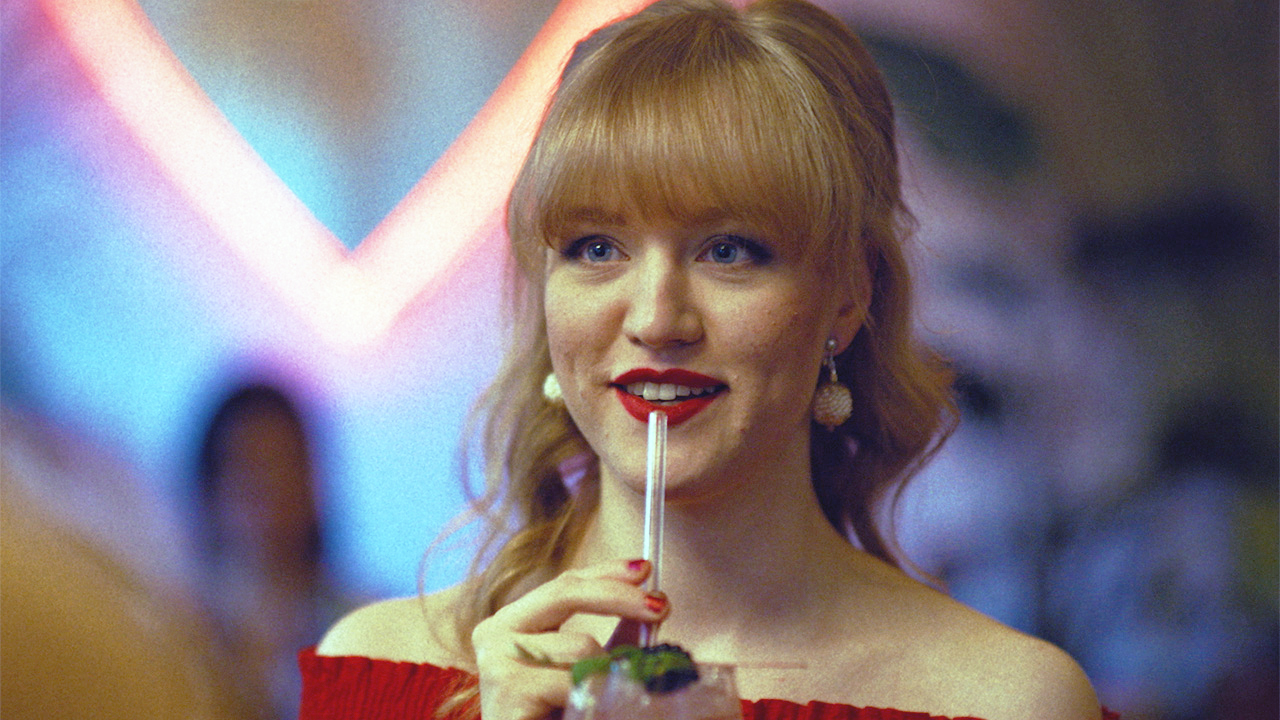
――The original title “Tytöt tytöt tytöt” means “Girls, girls, girls” in Finnish. Why did you name it that?
Alli Haapasalo: That’s actually a phrase in Finland. It’s kind of a shaming verse. If girls have been a bit too daring, or if they have said something wrong or done something wrong, or maybe they wore the wrong thing, they go, “Girls, girls, girls…[sigh.]” So I wanted to take that and change the tone. And this film is saying like “Girls, girls, girls!” It’s got that attitude.
――That’s interesting because I always thought that your society is way ahead of us. I believe Japanese society is still a lot more conservative than yours. But if you have a phrase like that, does that mean that girls are still expected to behave in certain ways in Finland as well?
Alli Haapasalo: That’s a really interesting conversation. Because in many ways, I have understood that we are quite far along. For example, this film is well liked and people understand it, and lots of men have liked it and so on and so forth. And the society in many ways is quite equal. But at the same time, very large numbers of women still report sexual harassment in their daily lives, and certainly face chauvinist comments and attitudes in work life. We may have a female prime minister, but when she danced at a party, there was a video leaked of that and it became a big scandal like, “How can the prime minister be dancing in a sexy way!? Oh my goodness, she must be unqualified!” So the shaming hasn’t gone away. The harassment hasn’t gone away. This film is a more perfect depiction of a world that we would like to go toward than what the world is like, unfortunately. But I believe that when you put it on the big screen, it’s there to be seen. And when you can see it, you can believe it, and then you do it.
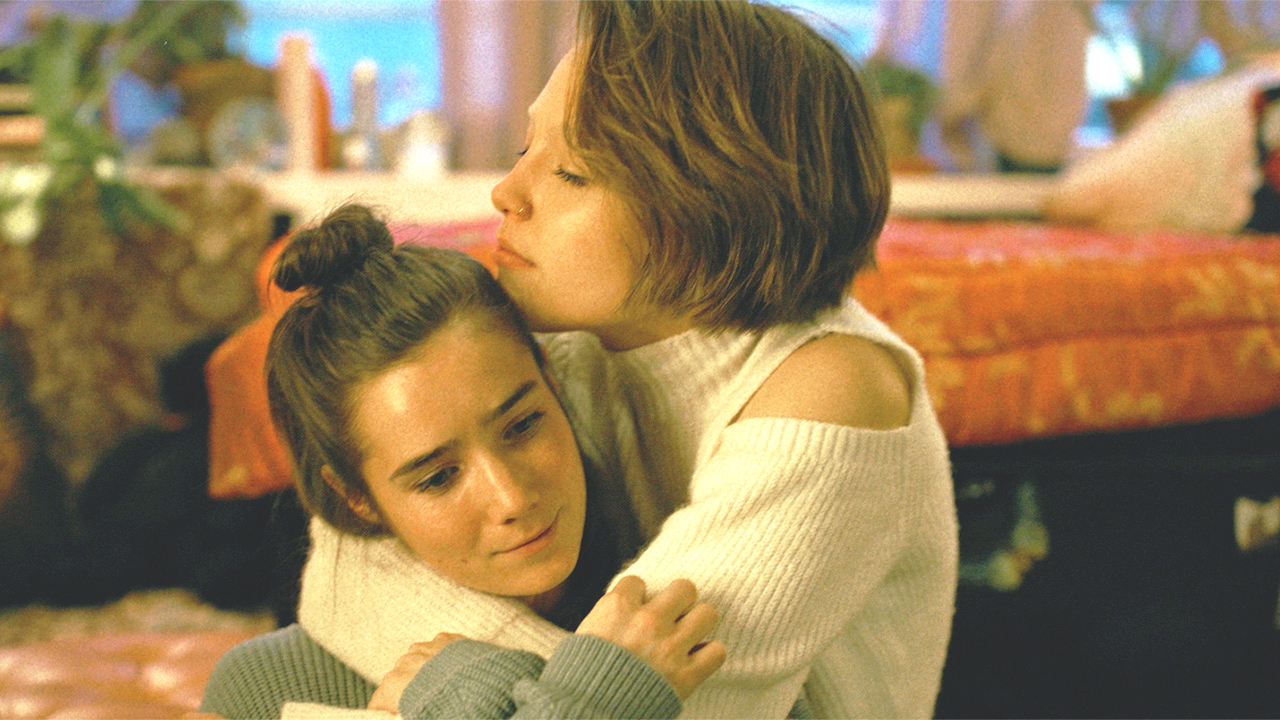
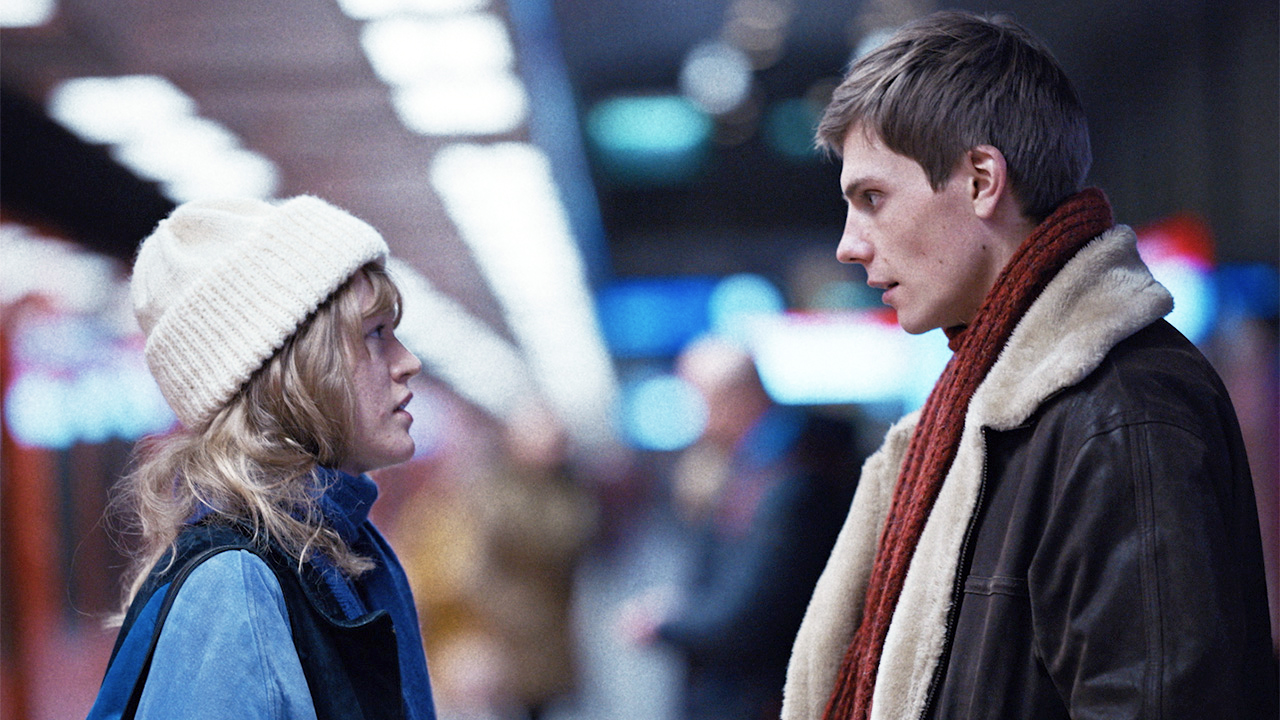
――There is a scene in the film where they talk about the Moomin mug method. Is that true? We have Moomin mugs at home and now I think about it every time I see them [laughs.]
Alli Haapasalo: [Laughs] It used to be true. When I was growing up, the Moomin mug method was the way that lesbian couples would try to conceive at home, if they didn’t get fertility clinic to make a baby for them. I don’t think that anybody actually specifically used Moomin mugs, but that became the term for this method. But when I was casting for this movie, I used this scene and realized that these 20-year-old people had no idea what we were talking about. They had never heard of the Moomin mug method. First of all, I felt like a dinosaur at that point [laughs.] And secondly, I understood that the world had changed. Now lesbian couples can get fertility treatment at the clinic, so there is no more Moomin mug method.
――The music in this film reminded me of how important the music was when I was a teenager. How did you use music to paint this picture?
Alli Haapasalo: I’m so glad you’re asking about that, because it was a career long dream for me to be able to choose pop songs for film and not have a written score for it. And this was the perfect film for it because songs means so much for teenagers. I worked with a music supervisor called Jan Forsström who is a director and writer also, and he had a lovely idea. He suggested for this film that we only select artists who are either female or LGBTQIA. No offense to heterosexual men, but we just felt like they have had their voices heard enough in other films. And maybe in this film, it would be appropriate to feature either queer or female artists.
――This film premiered at the 2022 Sundance Film Festival and you won the Audience Award. How did you feel about the reaction from the audience? Did people react differently in Finland and in the States or in any other country?
Alli Haapasalo: This has been the number one thing with this film, I’m very surprised that the response everywhere is the same. When I was making the film, I never thought that it would be identifiable so globally. But I get personal messages from people all over the world, where they said very specifically that they loved the fact that they could identify with the characters. For example, I got a message from a 55-year-old woman from Canada who grew up in rural Australia as a queer woman. And she told me that she really wished she had seen it as a teenager, and for the first time, she felt like she could identify with a lesbian character on screen and really felt that the depiction of the relationship was realistic. So this has been a great gift that so many people in different cultures have felt the same.
――Do you have anything you would like to say to everyone but especially girls who are excited to see this film?
Alli Haapasalo: I just really hope that they identify with the film. To me, this film is a work of love. I just love these girls in the film. And when I see it, the film kind of evokes this love for yourself as well. So that’s a big goal that I have for not just young people but for everybody. Because I’m 45 and I need that self-love, too [laughs.] I just hope that in the end, they feel this warmth not just for the film and the characters, but for themselves. And I hope they can be like, “Yeah, I’m doing good. I deserve that hug for myself, too.”
text nao machida





